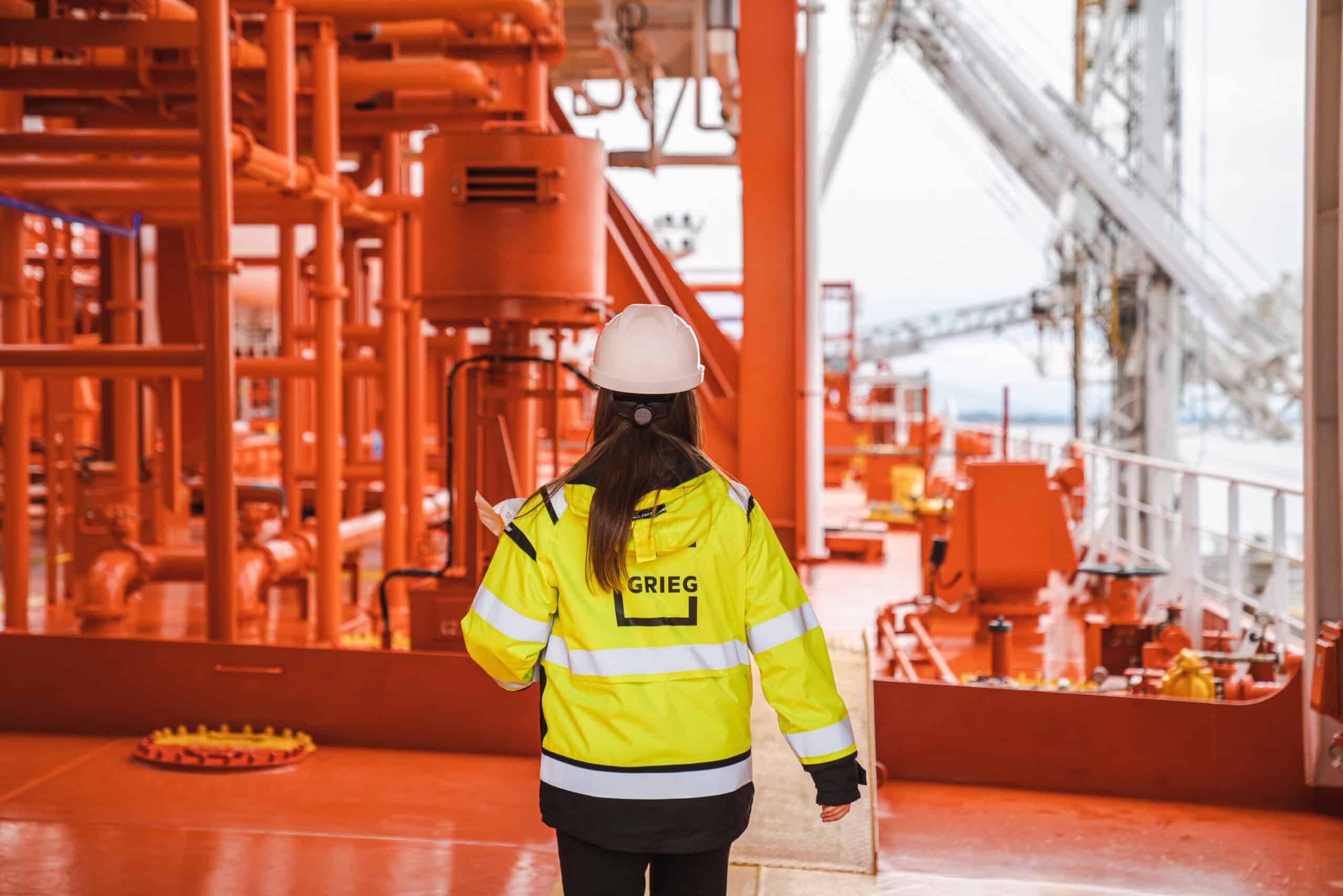
We are committed to respecting internationally recognized human rights in our operations, our value (supply) chain, and in the communities where we operate.
We have anchored our commitment to respecting international human rights in international human rights and labor standards, including those expressed in the International Bill of Human Rights and the Declaration on Fundamental Principles and Rights at Work. We are committed to the OECD Guidelines for Multinational Enterprises and the UN Guiding Principles on Business and Human Rights (UNGP).
By respecting human rights, we shall
In December 2021, the Board of Grieg Maturitas adopted a Human Rights Policy. The policy outlines the Grieg Group’s commitment, approach, and responsibility to respecting human rights. The human rights policy interlinks with other policy documents such as our Ethical guidelines, Supplier Code of Conduct, and grievance mechanisms. The companies within the Grieg Group need to act according to the policy’s expectations to ensure respect for human rights in all parts of their business.
The policy follows the six steps of the OECD Guidelines of Multinational Enterprises and can be found here.
As a larger enterprise resident in Norway, the Grieg Group (parent company) is under the scope of the Norwegian Transparency Act. The Transparency Act shall promote enterprises’ respect for fundamental human rights and decent working conditions in connection with producing goods and providing services. It shall also ensure the public access to information regarding how enterprises address adverse impacts on human rights and decent working conditions.
In the Grieg Group, we have recently done a gap analysis regarding our work on fundamental human rights and decent working conditions. The gap analysis showed that we must continuously and systematically improve human rights and decent work. One main challenge is to have a good overview of possible human rights challenges in our supply chains. We have identified and will prioritize the main risks in our continuous work.
‘There are risks to human rights and decent work in the businesses where we operate. At the Group level, we have recently conducted a risk analysis. The main risks identified are in the maritime and aquaculture industries of our businesses.
Even if Grieg Maritime Group only uses ship recycling yards approved by Grieg Green. Still, there is a risk of exploitation of workers at some yards, with risk of accidents and injuries, breach of labor laws, and unhealthy working conditions.
Our maritime business needs to be extra vigilant when choosing yards for the building of new ships. Too many yards have a history of labor law breaches, as well as questionable safety, wage levels, and working conditions. There is also a risk of corruption.
The complexity of dry docking, repairs, and projects makes it difficult to get an satisfied overview of the whole value chain. There is a risk of labor law breaches, below acceptable safety, wage levels, and working conditions – as well as a risk of corruption.
The sheer volume of goods needed for the running of ships makes it difficult to evaluate Human Rights in all parts of the value chain. There is a risk of several different Human Rights breaches from both suppliers and their contractors.
Fish feed is one of the largest inputs into the salmon farming process. Fish feed ingredients, both marine and plant-based, have long, complex and opaque value chains, which in some instances start in high-risk origins and by high-risk industries.
In the trucking of fish from Grieg Seafoods harvesting plants to customers, there is a high risk of poor working conditions (“social dumping”) among drivers in the transportation industry.
If you have questions related to the main risks and how they are addressed, please contact Grieg Seafood and Grieg Maritime Group.
To maintain our Human Rights commitments, we have developed the following operational documents that explain our responsibilities and our corporate governance:
We will yearly publish an account of due diligence according to Section 4 in the Transparency Act. The account will comply with Section 5 of the Transparency Act. The account and our annual report will be published in our News and Media Center.
If you have any questions related to our work on human rights, get in touch with us at humanrights@grieg.no.